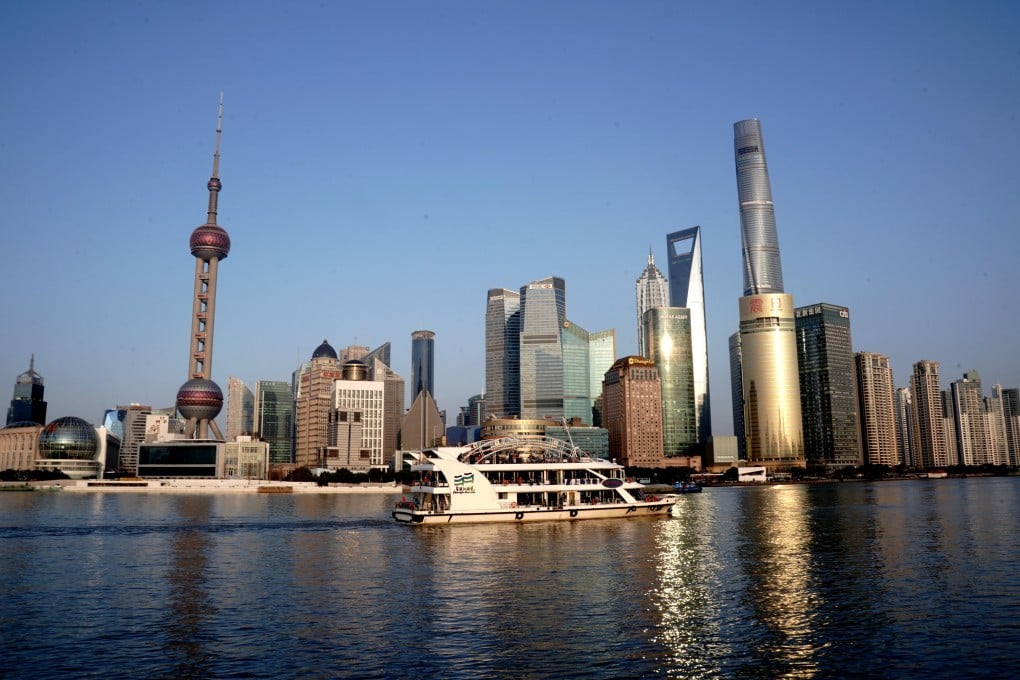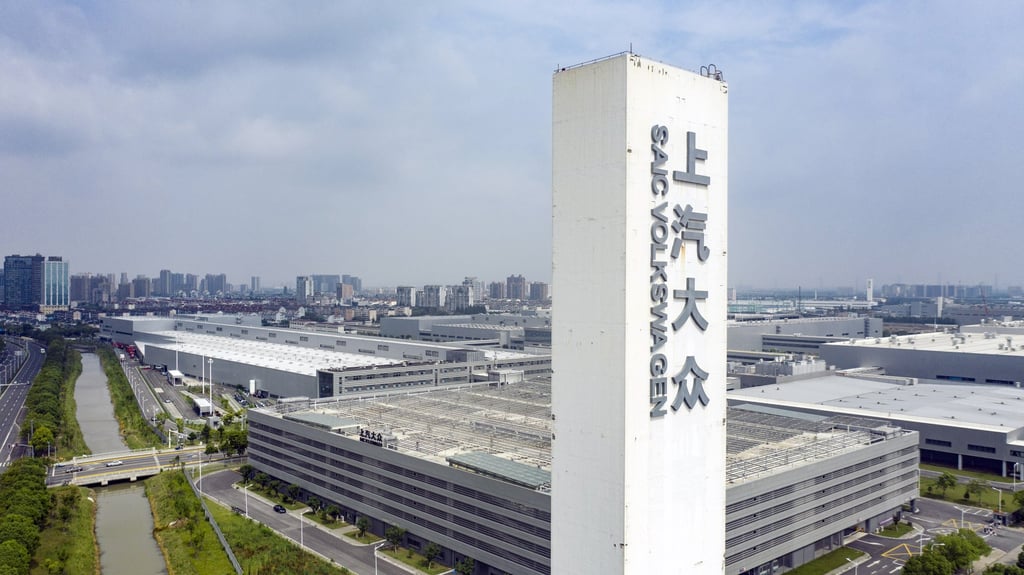Advertisement
Shanghai taps battery maker CATL, SAIC Motor for autonomous driving tech industrial parks, but must attract ‘more bellwether firms, top talent’
- CATL, the world’s largest EV battery maker, SAIC Motor and Baidu, the latter being China’s largest search engine, are among founding members of two dedicated industrial parks
- Shanghai must attract more bellwether firms and top talent to support the development of new-energy vehicles and autonomous driving technologies, analyst says
Reading Time:2 minutes
Why you can trust SCMP

Daniel Renin Shanghai
Shanghai, China’s commercial, financial as well as automobile hub, plans to build new industrial parks that will focus on new energy and autonomous driving technologies.
Contemporary Amperex Technology Limited (CATL), the world’s largest electric-vehicle (EV) battery maker, SAIC Motor, China’s biggest carmaker, and Baidu, the country’s largest search engine, are among the founding members of two industrial parks. They will work with the Tongji and Jiao Tong universities in Shanghai to map out a strategic blueprint for these two sectors, Chen Hongkai, a senior official with the Shanghai Science and Technology Commission, said on Wednesday.
“We are eyeing a highland for the incubation of innovative industries and the acceleration of research in a batch of core technologies that are important for the future,” he said. Highland is a term coined by the Chinese government to refer to a place where reform and innovations are conducted, and which eventually becomes a hotbed for industrial improvements.
Advertisement
Chen did not provide more details, such as the scale of the parks.

Shanghai is already China’s automobile hub – it is home to Tesla’s first manufacturing facility outside the United States, Gigafactory 3, and SAIC’s Chinese ventures with global giants General Motors and Volkswagen.
Advertisement
The municipal government will, however, need to attract more leading companies in the fields of carmaking, EV batteries, artificial intelligence, robotics and computing to these parks, according to an analyst.
Advertisement
Select Voice
Select Speed
1.00x